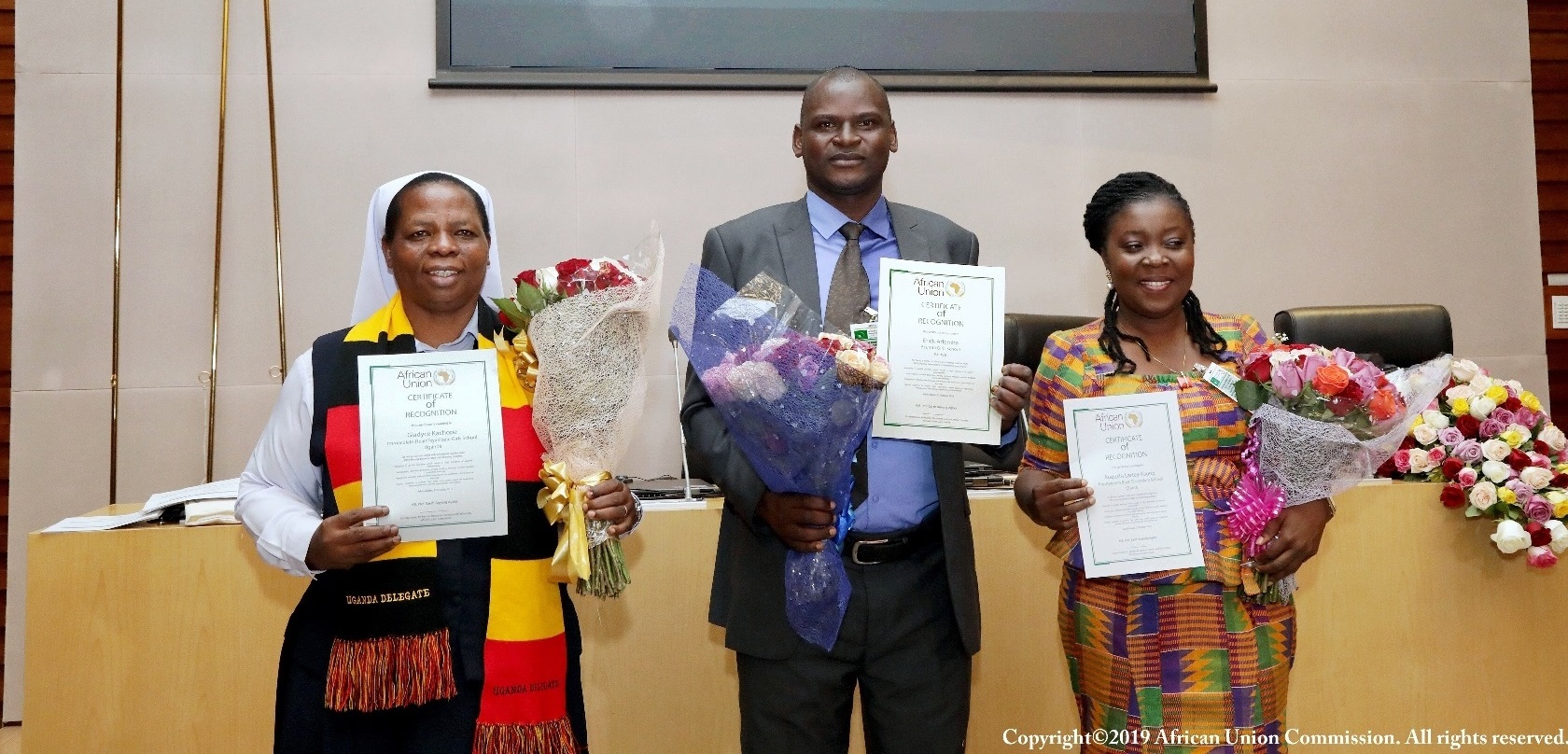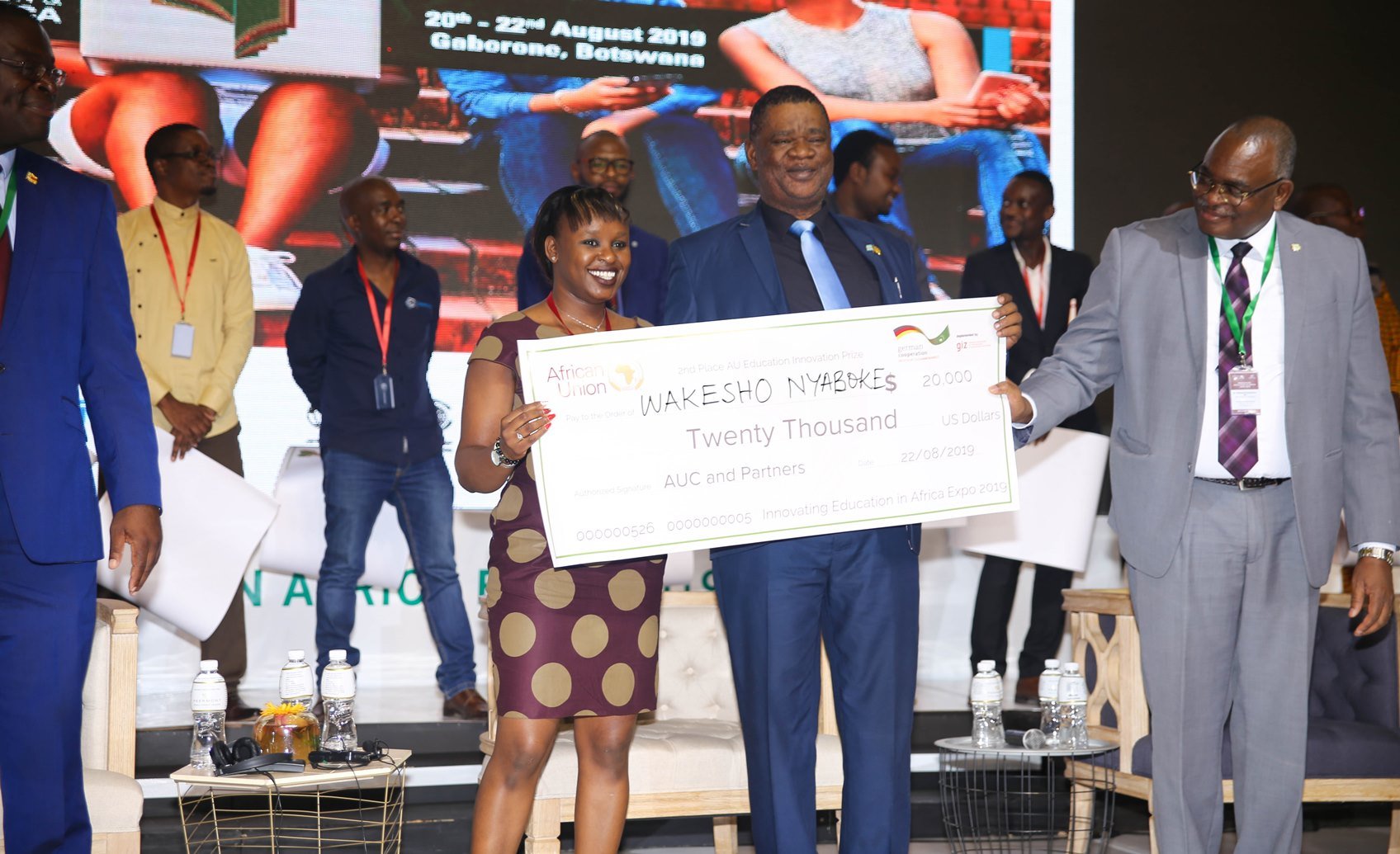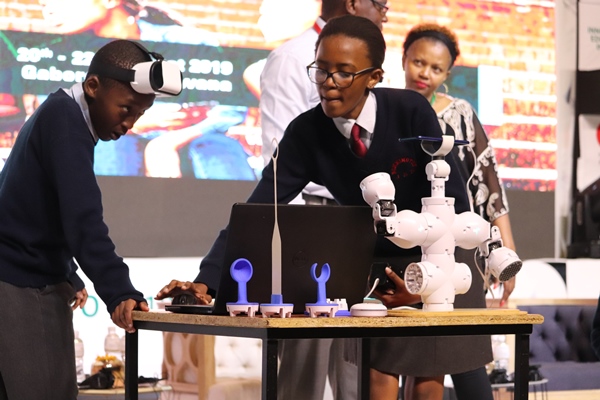Title of Innovation: SuaCode
Year of implementation: 2018
Implemented by: Nsesa Foundation
Country/Countries where the Innovation is being implemented: Ghana
Problem being solved
According to the International Telecommunication Union (ITU), ICTs form the backbone of today's digital economy and have enormous potential to fast forward progress on the SDGs and improve people's lives. Africa lags behind the rest of the world in terms of digital literacy. According to SAP, less than 1% of African children leave school with basic coding skills. One cause of this gap is poor access to equipment such as computers for teaching and learning. According to research firm Ovum, there will be 929.9 million smartphones by the year 2021. Hence, smartphones provide a unique means of reaching the unreached.
Description of innovation
Our program, SuaCode aims to address Africa’s digital gap by introducing students in Africa to coding through smartphones. SuaCode is a smartphone-based online coding course that aims to teach millions across Africa how to code by exploiting the proliferation and untapped capabilities of smartphones. SuaCode is run by Nsesa Foundation, an education nonprofit in Ghana whose vision is to spur an “Innovation Revolution” across Africa by training the next generation of African innovators. Learners in SuaCode are introduced to basic coding using their smartphones in the Processing language, an open-source interactive programming language based on Java. The course is peer-reviewed and based on Dartmouth College’s Intro to Programming Course. SuaCode is currently hosted on Google Classroom, a free learning management system that can run offline and consists of lesson notes, exercises and assignments, which culminate in a final project - building a pong game. When a student signs up, she tries out the exercises using the app as she reads the lesson notes offline. After going through each lesson note, she completes the assignment for the lesson using the Android Processing Development Environment app and submits it for grading. At the end of the course, students that score the pass mark receive a certificate and exceptional students have mentoring sessions with our network of Software Engineers at top tech companies like Google and Facebook to help them proceed to the next step in their development. SuaCode also helps students continue their coding journey by recommending advanced courses like Data Structures, Algorithms, etc.
Outcomes and Impact
According to ITU, mobile learning has the ability to help break down economic, rural-urban and gender divides. We believe SuaCode will go a long way to bring coding skills within arms reach of people across Africa, literally into their palms. Soon, young people all over Africa will be spending as much time coding on their smartphones as they do on social media. The government and private sector are struggling to fill positions for people with coding skills. This skill set also presents excellent entrepreneurial opportunities. Hence, SuaCode is a unique solution to tackle the problem of unemployment for the 29.1 million youth across Africa.
Potential to be scaled and replicated
Our main target market is the 54.2 million high school and college students out of the 203.2 million students in Africa. We have won two successive fellowships from the Processing Foundation to support this work. In 2018, we ran a pilot of the course with 30 students. In 2019, we plan to run 3 cohorts with 100 students and also to build an AI-powered automated system to give feedback to students and grade their assignments to make our solution even more scalable. In 2020, we plan to run 12 cohorts per year with a target of one hundred students per cohort. We plan to scale to 1,000 learners per cohort in 2021 and 10,000 learners per cohort.

















